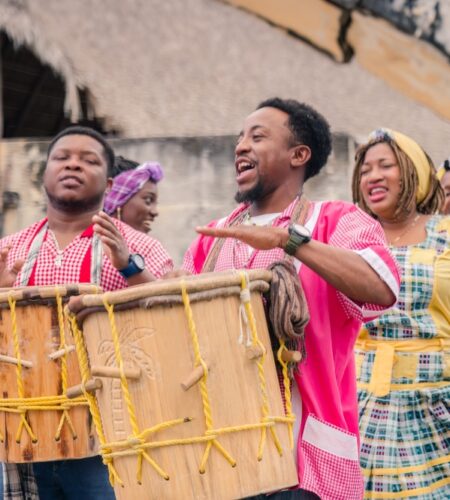Across the globe and throughout history, traditional festivals have been a vibrant expression of cultural identity, community spirit, and the human penchant for celebration. These festivals, steeped in history and tradition, are not just occasions for joy and gathering; they are also rich with cultural significance and historical context. For those interested in cultural studies, anthropology, or simply seeking a deeper understanding of global traditions, learning about these festivals offers a window into the values, beliefs, and ways of life of different communities.

The study of traditional festivals is an exploration of humanity’s diverse cultural expressions. Every culture has its unique set of festivals, each with its own set of customs, rituals, and meanings. From the colorful Holi festival in India, celebrating the arrival of spring and the triumph of good over evil, to the Day of the Dead in Mexico, a time to honor and remember departed loved ones, these festivals are imbued with cultural and often spiritual significance.
One of the most compelling aspects of traditional festivals is their ability to bring history and folklore to life. Many festivals have their roots in ancient myths, historical events, or religious narratives. Understanding the stories behind these celebrations provides insight into the historical and cultural psyche of a community. For example, Chinese New Year festivities are deeply linked to ancient legends and customs, and understanding these enhances the appreciation of the festival.
Learning about traditional festivals also offers a broader perspective on how different societies mark and celebrate significant times. Agricultural societies, for instance, have festivals that revolve around the harvest cycle, reflecting their deep connection to the land and seasons. In contrast, religious festivals, such as Easter or Ramadan, reflect the spiritual beliefs and practices of a community.


Furthermore, participating in or observing these traditional festivals can be a profound experience of cultural immersion. It offers an opportunity to witness the unity and continuity of a culture, as generations come together to celebrate their heritage. For travelers and global citizens, these experiences can foster a deeper understanding and respect for the diversity of the world’s cultures.
Additionally, festivals are a testament to the enduring nature of cultural traditions. In a rapidly changing world, they offer a sense of continuity and connection to the past. For younger generations, these festivals can be a meaningful link to their heritage, fostering a sense of identity and belonging.
Conclusion
In conclusion, learning about traditional festivals and their significance is a journey into the heart of cultural diversity. It reveals the stories, traditions, and values that have shaped societies over centuries. As we explore these celebrations, we not only gain a deeper understanding of the world’s cultures but also appreciate the rich tapestry of human expression and the unifying power of celebration. These festivals, in all their vibrancy and diversity, remind us of the shared joy and humanity that bind us together.



Comments